ECTS:
6
Περίγραμμα Μαθήματος

e-Class
Ή ύλη του μαθήματος στοχεύει στην εισαγωγή των φοιτητών στις βασικές έννοιες του δικαίου με κύριο προσανατολισμό το δίκαιο των επιχειρήσεων Ικανότητα επεξήγησης των βασικών εννοιών που διαμορφώνουν το δίκαιο των επιχειρήσεων. Οι φοιτητές θα πρέπει να αποκτήσουν τη δυνατότητα να ορίζουν με σαφήνεια τους συνήθεις όρους και να εξηγούν τις βασικές αρχές και έννοιες του δικαίου. Ικανότητα εύρεσης νομολογιακών πηγών και κατανόησης των μεθόδων που χρησιμοποιούνται. Ικανότητα συνθετικής και αναλυτικής σκέψης. Ικανότητα ατομικής εργασίας.
Καθηγητές
Επιλέξτε για να δείτε περισσότερες πληροφορίες για κάθε καθηγητή.
| Όνομα | Τίτλος | |
|---|---|---|
| Σταυρίδου Σύλβια | Αναπληρώτρια Καθηγήτρια | sstavrid@econ.duth.gr |

